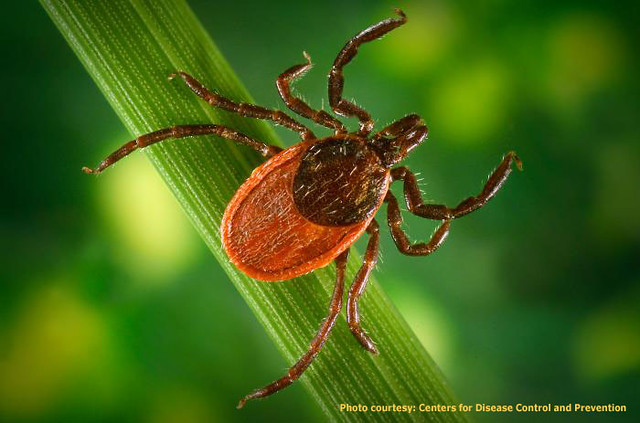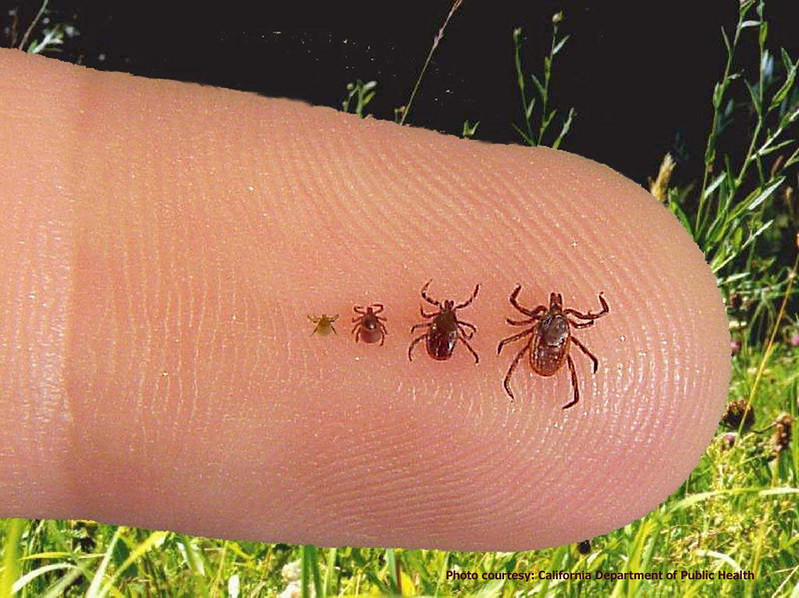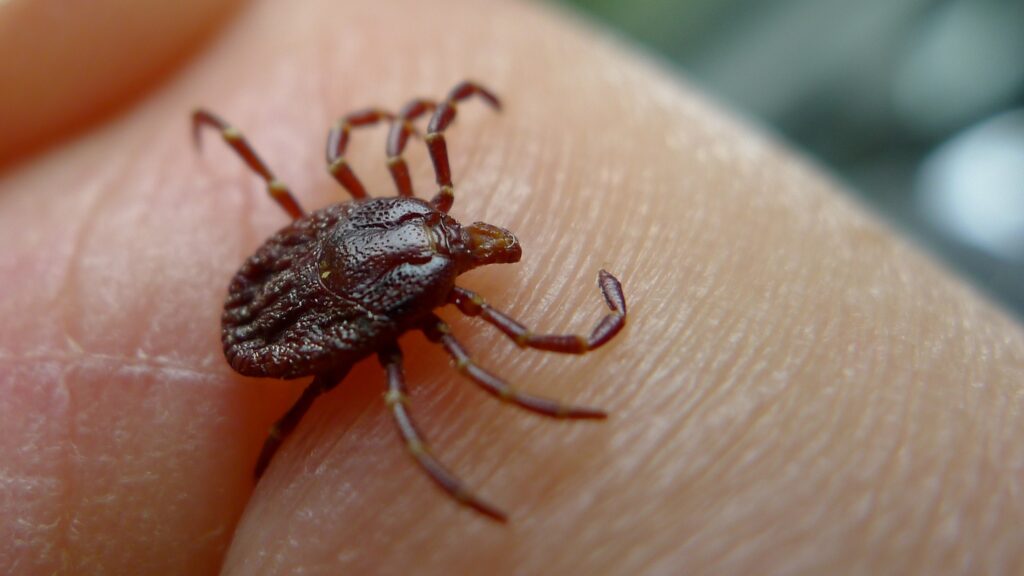Ticks are tiny, spider-like parasites that feed on the blood of mammals, birds, reptiles, and amphibians. They lurk in trees, bushes, and tall grass, waiting to latch onto unsuspecting hosts. But ticks are more than just a nuisance – they can spread deadly diseases like Lyme disease, Rocky Mountain spotted fever, and tularemia.
To protect yourself and your family, it’s essential to know how ticks work. Ticks go through three stages of development: larva, nymph, and adult. The larva, about the size of a poppy seed, has six legs and attaches itself to a host to feed. After feeding, it molts into a nymph with eight legs, which can spread disease.

If you find ticks in your home, remove them carefully and consider calling a professional pest control service. Ticks can infiltrate your home through pets, clothing, or gear.
Identifying ticks can be tricky. They’re brown or black, with tiny bumps on their bodies and long, thin legs. Adult ticks can grow to the size of a pea after feeding.
Some tick species are more notorious than others. The deer tick, American dog tick, and brown dog tick are common culprits. While not all ticks spread disease, it’s crucial to be cautious.
To keep ticks at bay:

Check yourself, pets, and gear after outdoor activities
Wear protective clothing and apply repellents
Shower within two hours of coming inside
Dry clothes on high heat to kill ticks
Keep your yard well-maintained and weed-free

Natural tick repellents include lemon and eucalyptus oils. However, always research and use essential oils safely.
Ticks can live up to three years, posing a persistent health risk. Lyme disease, spread by black-legged ticks, can affect the heart, nervous system, and joints.
As tick populations rise due to warmer weather and habitat loss, vigilance is key. By understanding ticks and taking simple precautions, you can safeguard your family’s health.

Remember:
Check for ticks regularly
Use repellents and protective clothing
Keep your home and yard tick-free
Seek medical advice if you suspect a tick-borne illness
Stay informed, stay safe.


